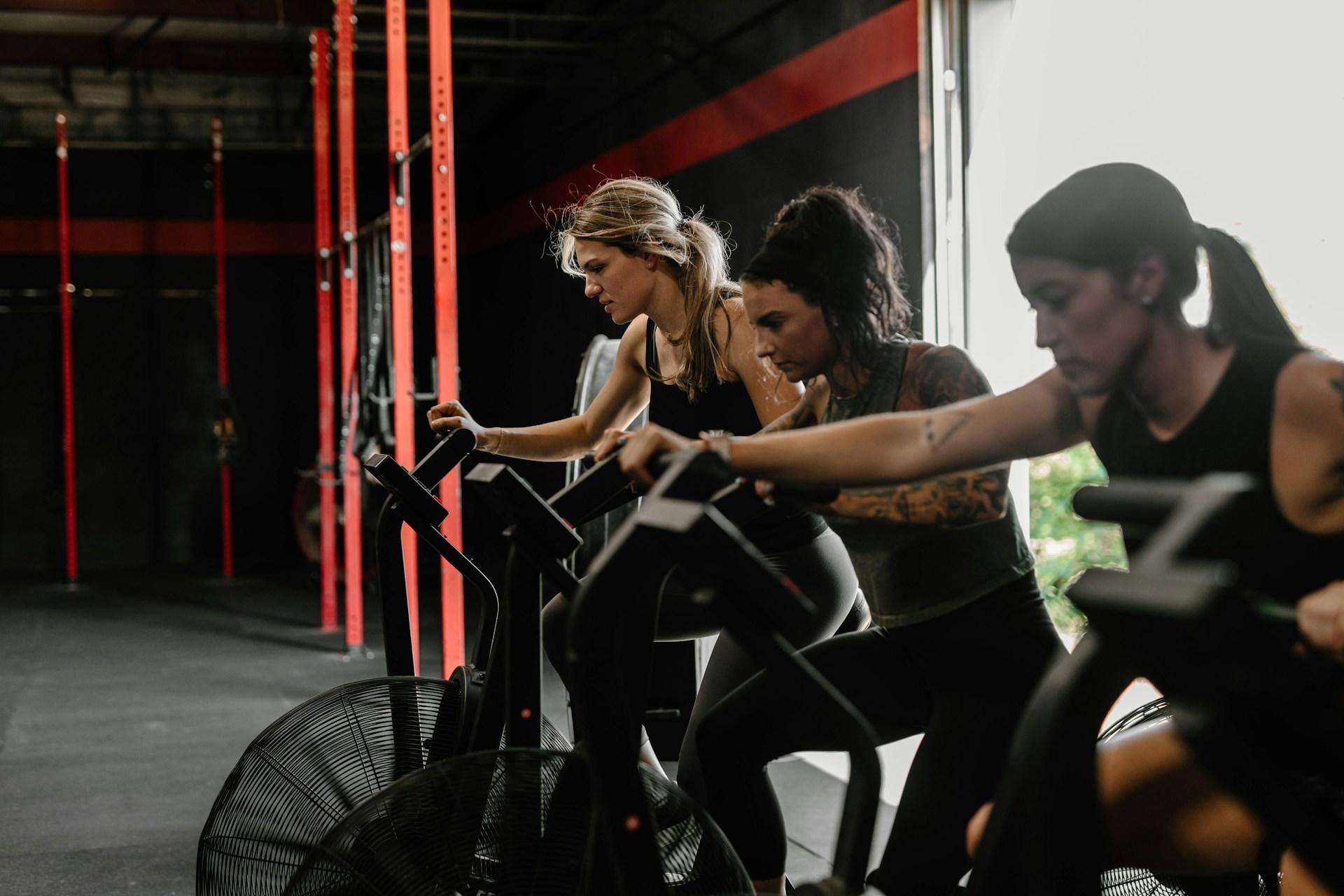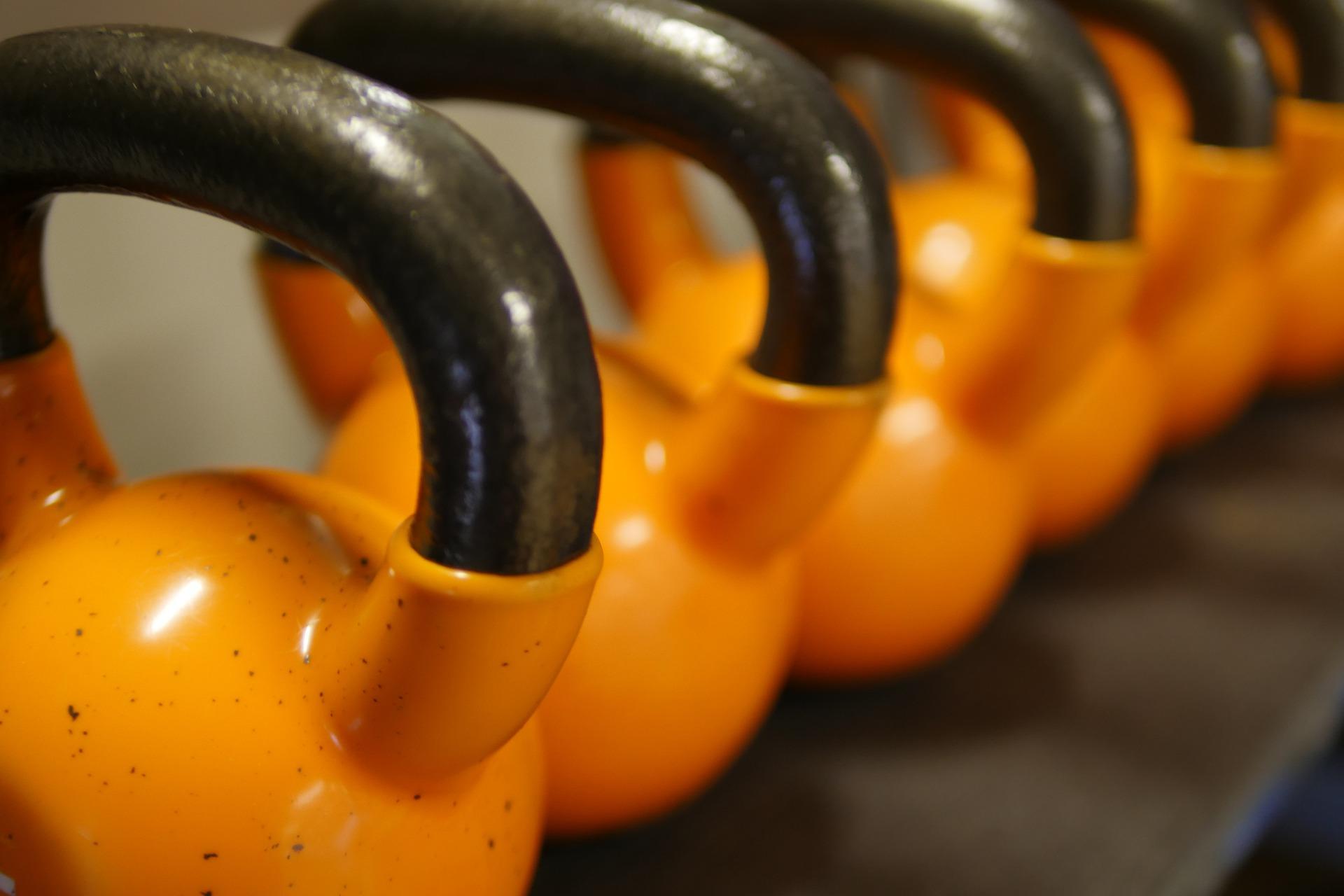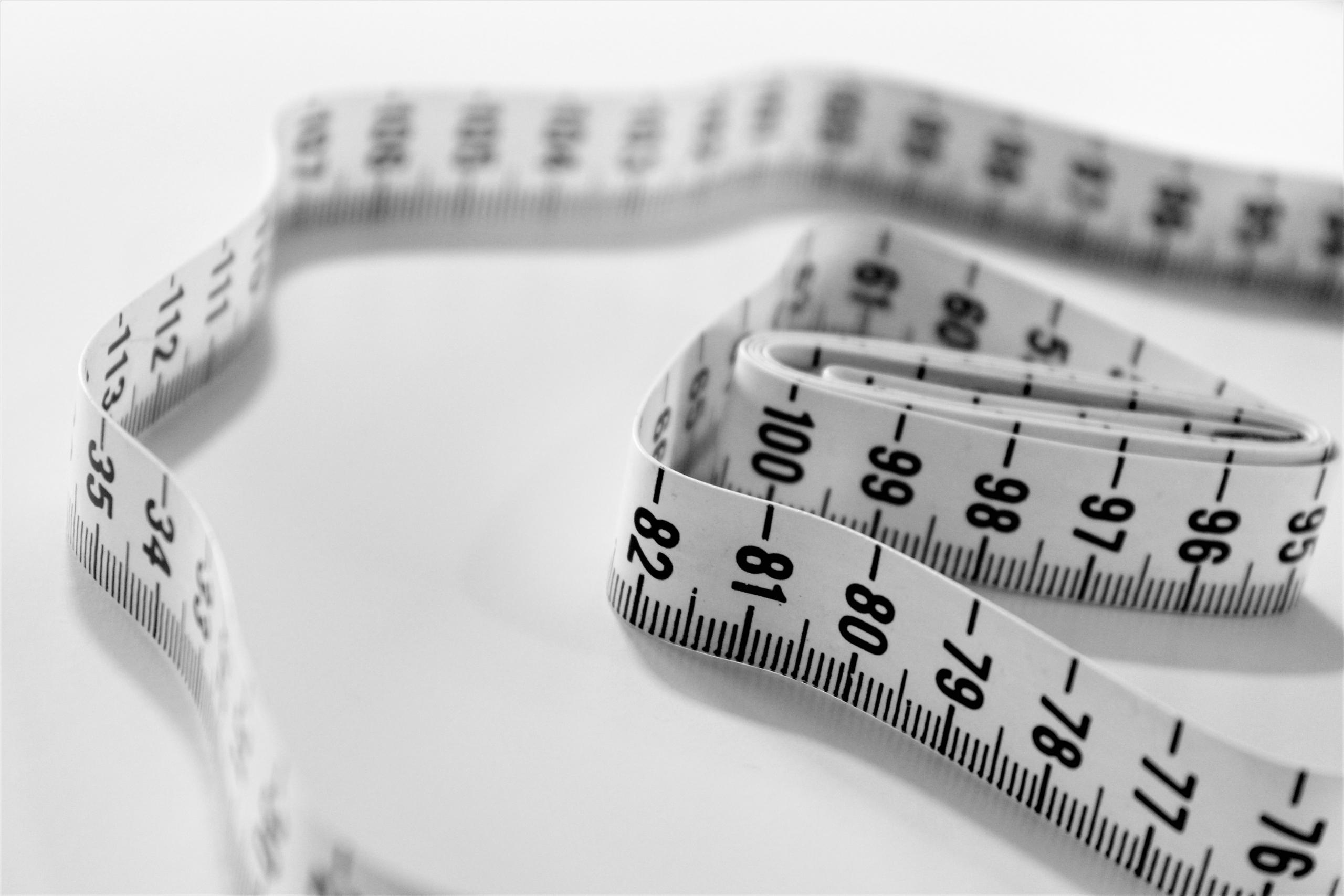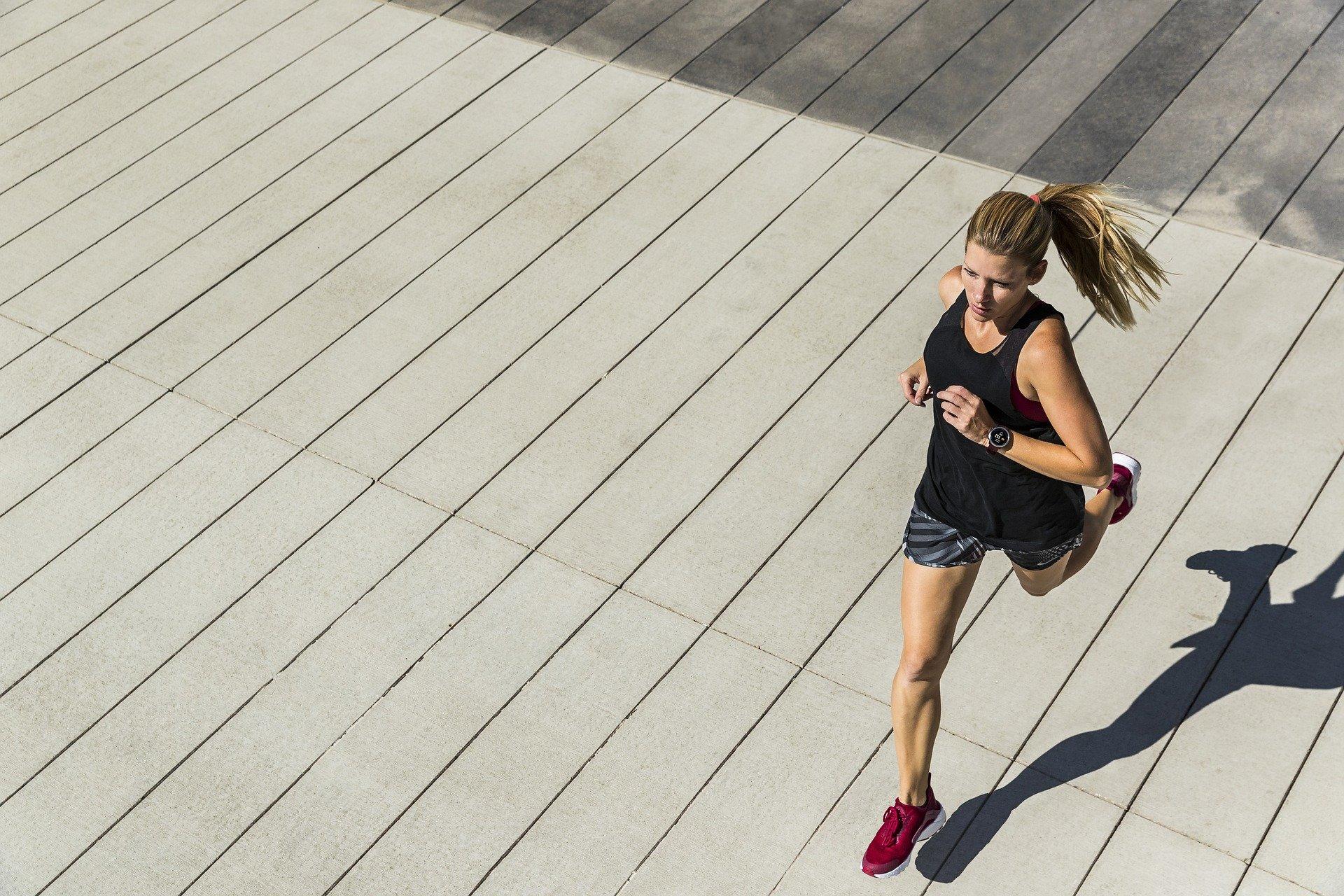
The Importance of Mental Health in the Modern World
Nowadays, it seems to be a given that once you're done with your childhood, you have a pretty significant chance of ending up in an office environment of some kind, doing work of varying importance to make a living. It's so normal to us that many of us don't think of any alternatives or what life might have been like before our modern workplace culture evolved to be the way it is now.
Another thing that is given too little thought, perhaps until recent years, is the toll that the 9-5 paradigm can take on our mental health. Whether in the confines of an office or our own home, we are confined nonetheless. To make matters worse for us, the first thing many of us want to do after we finish working is to head (or stay) home and get some R&R. While this attitude might be perfectly understandable, it indeed neglects the other aspects of our life that are becoming undernourished, those that we perhaps took for granted in our childhood when we had the time and energy to be ever on the move and exploring our surroundings both physically and mentally.
The point I'm getting at is that as adults, we find it all too easy to focus on "work and not work", often forgetting that some of the most essential things for human contentment are exercise and the outdoors.
You might be reading this and thinking along the lines of… "I'm not a kid anymore; I don't have the energy or the time for all that". Truthfully, this feeling is far more symptomatic of a lack of exercise and leisure than it is a cause. Granted, children are expected to be more vibrant and energetic, but despite that, I think it helps to refer back to the prevalent saying: "use it or lose it". As children, most of us were very active and indeed "using it" spontaneously and often without the need for encouragement. As adults, we are still very capable of getting our fix of activity; the difference is just that we need to plan and integrate such things in a suitably adult way. Fortunately, we'll be looking at how to do that in this article.
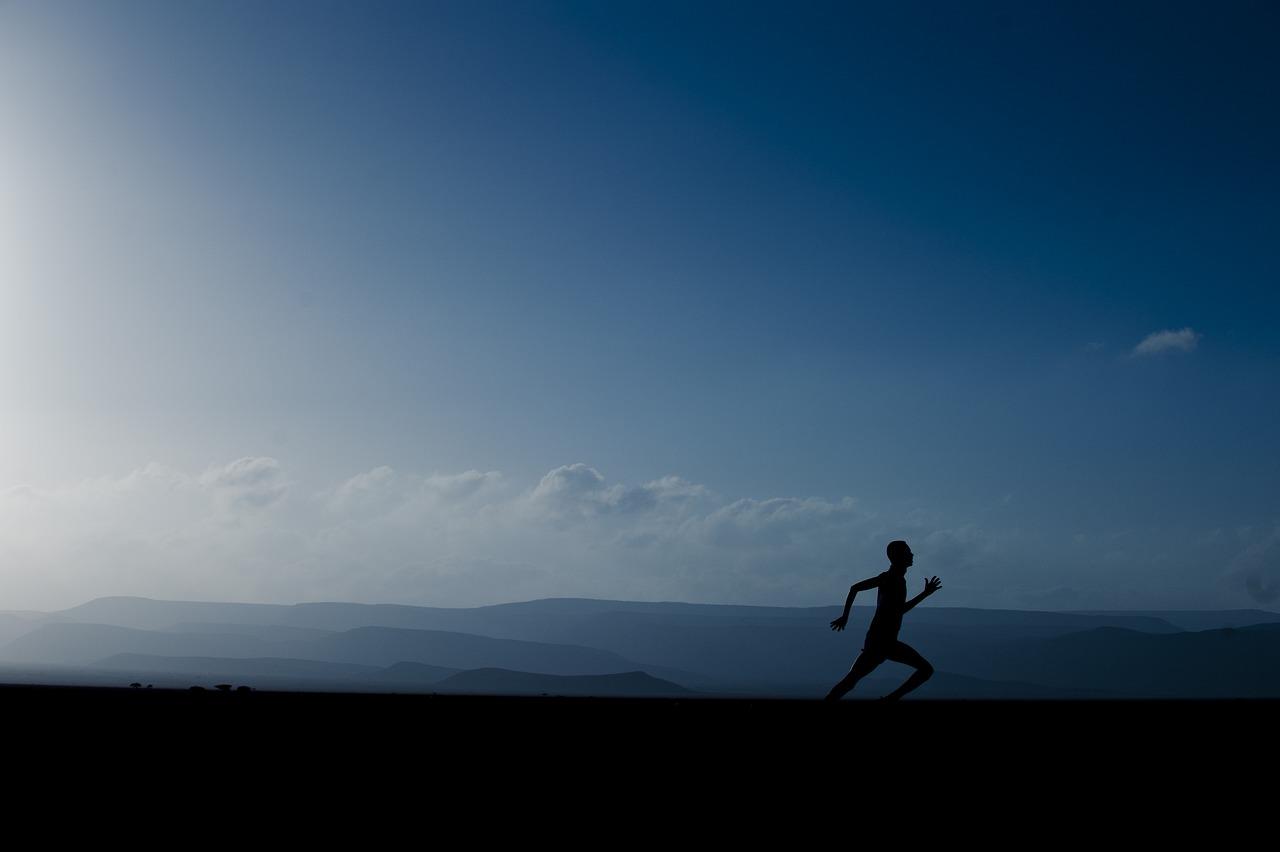
Combating Mental Health Problems with Exercise
It's no secret that most of us aren't getting all the exercise we need. If you need to pause to consider that, then perhaps you should knowhealthcare professionals recommend itionals for adults to do at least 60 minutes of moderate-intensity exercise per day. In other words, we would give ourselves an hour to exercise daily if all was utopian.
It might also help to define exercise in this context. Luckily, we can use quite a broad definition since practice differs for everyone, and people have other preferences. The criteria we are using is that for the correct intensity, you should expect to experience a high heart rate, and breathing rate, and hopefully, break a sweat. If you are checking all these boxes when you exercise, it's safe to say that you're exercising at a medium or high intensity, which is precisely what we're looking for to make up the 60 minutes.
If it's hard to get the 60 minutes into one-time slot because of a busy schedule, lots of commitments and commuting, etc.… don't worry; there are some ways to integrate exercise into our lives without setting aside time or compromising. A good example could be the commute itself. You might get some high-quality cardio by running or jogging to work, or depending on the distance, cycling might be a good option as well. Not only does doing this stop you from setting time aside, but it might also save you time by getting you where you're going faster. Just ensure you're working up a sweat and choosing a suitable pace to complete the work valuable.
The other key to making exercise fit is planning. Try to ensure that you know exactly when you will be exercising at least a week in advance. This way, you can be ready to improvise in case ryour schedule changes, and you can confidently confirm or deny appointments and meeting times based on your pre-established routine. It would be ideal to get yourself into a rhythm/routine of the same time each week, but for some people, this is quite unrealistic.
If, instead, you tend to have unpredictable shifts with a certain amount of days off, you can get away with slotting the exercise into your free days with higher intensity. There are no hardline rules regarding health and lifestyle; everyone is different, and our schedules are no different. If you choose to compact your week's exercise into 4-5 days instead of 7, there's not be a big difference overall, so long as you are consistent.
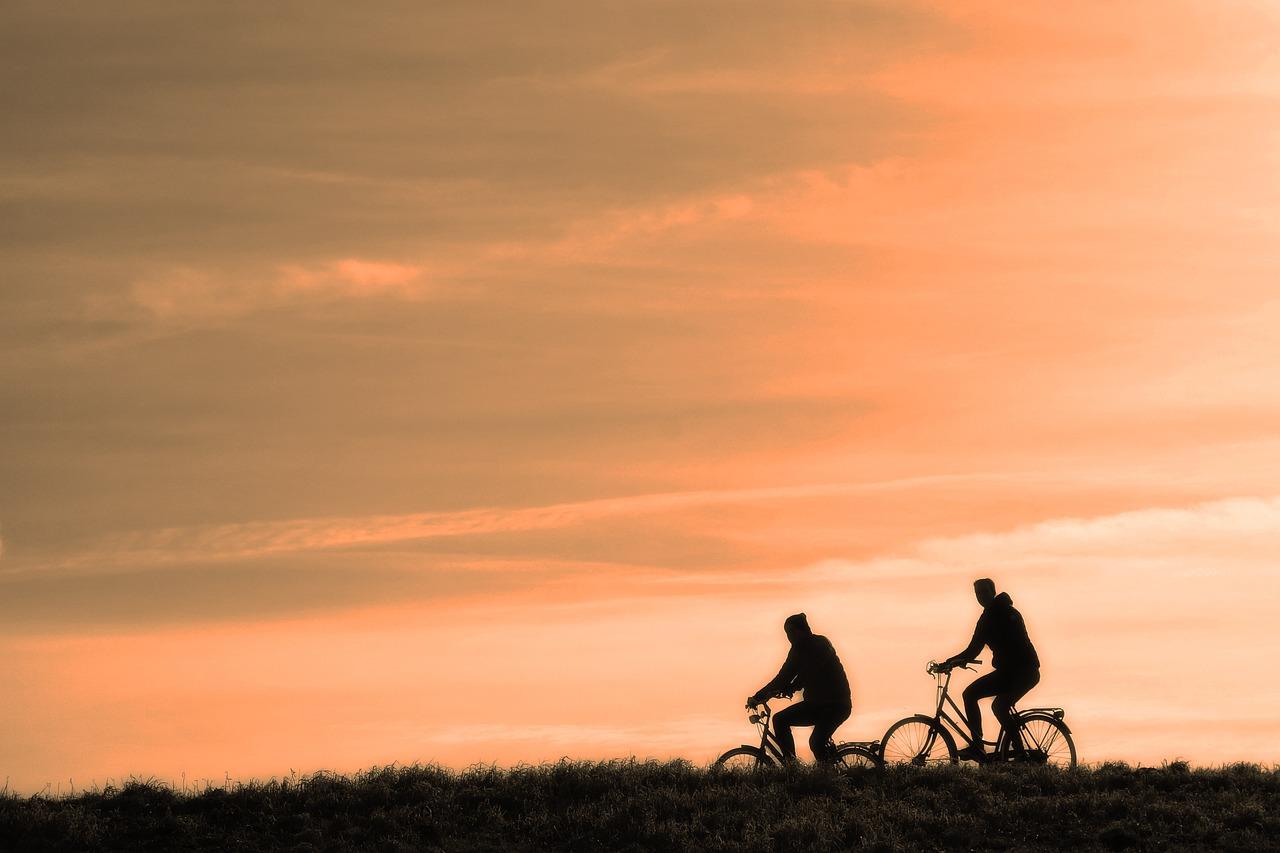
The Best Exercise for Mental Health
We can choose the best exercises for mental health based on certain factors, including the ones we have just discussed. It's also important not to limit ourselves to just one kind of exercise since a varied routine is much more likely to keep us comprehensively healthy in both body and mind.
Since we're targeting mental health, it's important to factor in exposure to nature, scenery and the outdoors, all of which help us stay connected with the outside world in addition to giving us the necessary chemical responses and vitamins that our bodies need to be healthy. The go to outdoor exercise is running, since it can be done in a variety of contexts, it's not constrained by organisation, and it can also double as an indoor sport on a rainy day, and be fit right alongside a gym routine if you have one.
Playing team sports that take place on a field is also an excellent option, since it meets our socially interactive needs as well as our physical and outdoor ones. If you don't do well with spontaneous activities or self-discipline, the scheduling and planning required to play in a league might suit you better, with your coach or team captain telling you where and when to show up and thus saving you the trouble. If you have a fixed schedule, team sports are often a good match because their training sessions often occur at a fixed time in the week.
An increasingly popular sport these days is climbing, specifically indoor bouldering, and for good reason. Bouldering offers a wide variety of entry levels and offers somewhat linear progression and skill development. Most climbing gyms have colour coded routes of varying difficulty that are very satisfying to take on, since they provide a way of measuring your own improvement without the stress of competing against someone else.
In the pursuit of better mental health through sport, there's nothing quite like the confidence boost you'll get from scaling a bouldering route that you couldn't manage in your previous session. Climbing is also as social as you make it, if you want to participate as a group or learn and teach other climbers, that's up to you, but you can also quietly work through it on your own provided you're following the safety procedures.
Another mental health boon that is immediately obvious in climbing, but also exists in most famous sports, is the fact that it's okay to fall down sometimes and that we can't always succeed, nor should we run away from failure. Sports teach us that failure is just a way of learning, and only a bad thing if we let it eat away at us and give up.
Lastly, we'll touch on some sports that might be suitable for families. Just like work, being a parent can take a lot of time from our lives; playing sports with our families and being active together is a way of spending time together and staying fit at the same time. It might be a bit challenging to think of sports that work for the whole family right off the top of your head, but there are in fact many activities where you can bring along everyone and participate at your own intensity.
Going to the leisure centre regularly as a family is possibly the best way of doing this. At the swimming pool, for example, even if you need to look after a baby or young child, you can take turns supervising and swimming in different parts of the pool. The pool doubles as both a place to relax and to push yourself, since you can choose between floating around at the shallow end, or doing laps in the deep end.
Hiking is also a great option for families, fulfilling our need for nature and allowing us to exhaust ourselves in a scenic and rewarding setting. Kids feeling tired and need a break? You can solve the problem with a picnic break while you enjoy the sights, sounds, and views of the outdoors, all while learning more about the tracks and trails of your local countryside.

Afterword
We've only just scratched the surface of all the different activities you can do to bolster your mental health, physical fitness and social life all at the same time, but unfortunately that's all we have time for in this article. I hope you were able to learn something about the relationship between mind and body and how to nurture both through careful planning and execution.
Summarise with AI:
















